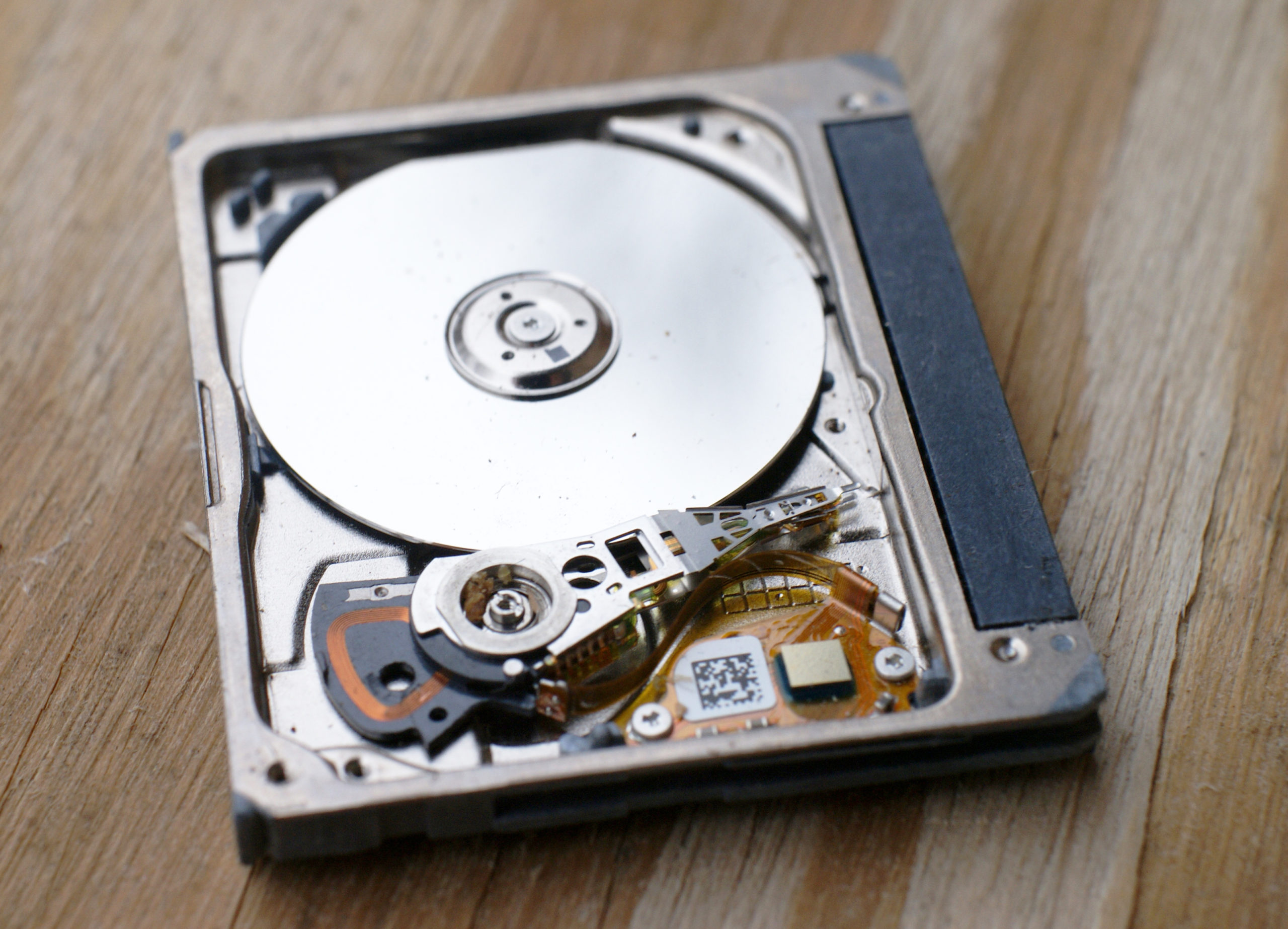A major fraud scandal has emerged involving the sale of used Seagate hard drives as new, with over 200 cases confirmed worldwide tracing back to defunct cryptocurrency mining operations in China.
Why it matters: The widespread sale of heavily used drives fundamentally threatens data center reliability and consumer trust, as these drives logged between 15,000 to 50,000 hours of intensive use before being fraudulently remarketed as new products.
Geographic Scope: The investigation has uncovered a sophisticated international operation affecting multiple regions:
- Major European markets including Germany and UK
- Asia-Pacific including Japan and Thailand
- North American retailers and distributors
Technical Details: The fraudsters employed sophisticated methods to mask the drives’ previous use, making detection difficult for buyers and retailers:
- Reset SMART parameters to hide usage history
- Altered internal logs to appear unused
- Targeted high-end Exos datacenter drives
The drives originated from Chia cryptocurrency mining operations, which differ from traditional crypto mining by using storage space instead of processing power. This practice subjects hard drives to constant read-write cycles, significantly reducing their lifespan compared to normal usage patterns.
Enterprise customers face particular risks from these compromised drives, as data center operations rely on predictable storage performance and reliability. The premature failure of these drives could lead to significant data loss and system downtime, potentially costing businesses millions in lost productivity and recovery efforts.
Seagate has launched a comprehensive investigation and is working with law enforcement agencies across multiple jurisdictions. The company has established a dedicated fraud reporting hotline and email address ([email protected]) for customers to report suspicious drives. Additionally, Seagate is providing free access to their SeaTools diagnostic software to help customers verify drive authenticity.
The scandal has prompted broader industry discussions about supply chain security and the need for better authentication methods for storage devices. Several major retailers have begun implementing more stringent verification processes for their hard drive inventory, including checking FARM (Field Accessible Reliability Metrics) values before sales.
Customers who suspect they may have purchased affected drives are advised to:
- Check drive hours and health using diagnostic tools
- Document all purchase information and packaging
- Contact their retailer immediately for replacement
- Report suspicious cases to Seagate’s fraud team
Looking Forward: While Seagate investigates and retailers offer refunds, experts recommend buyers verify drive authenticity using specialized software tools and purchase only from authorized distributors.




















